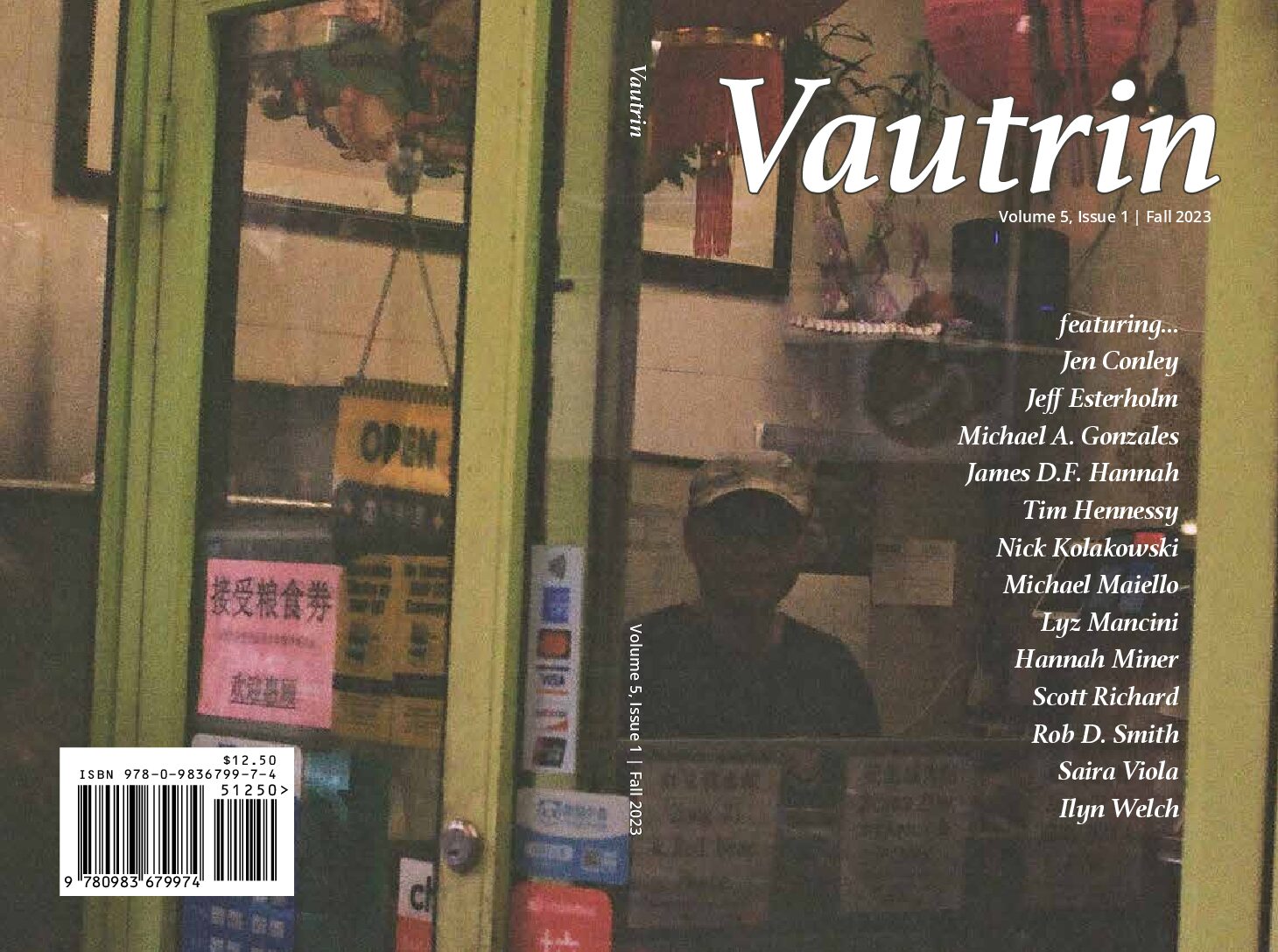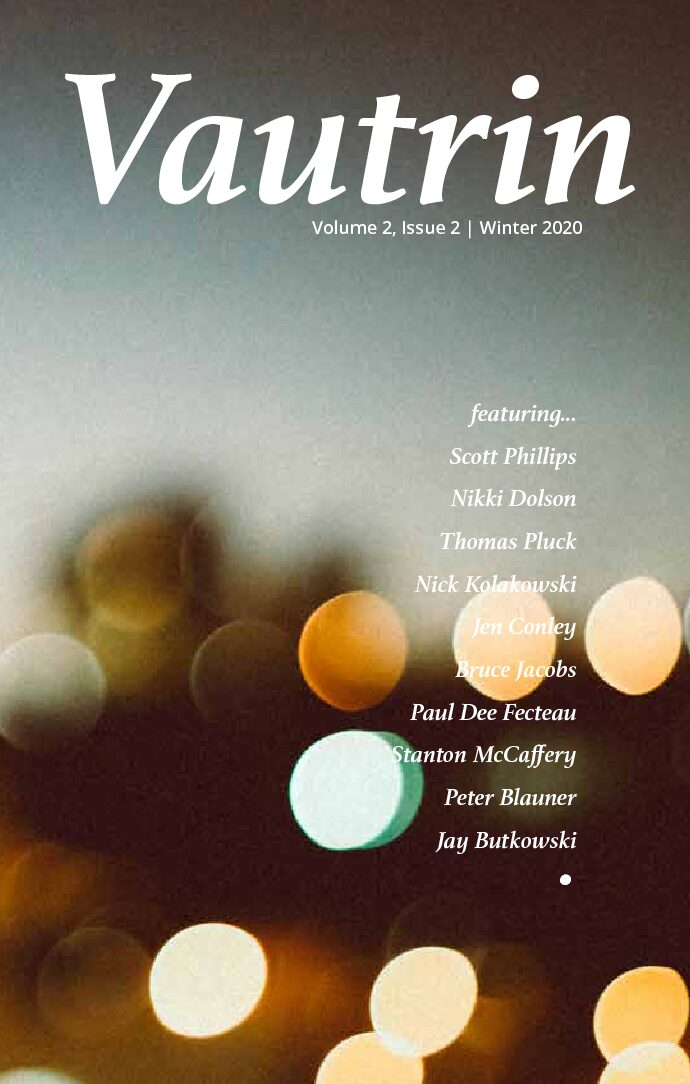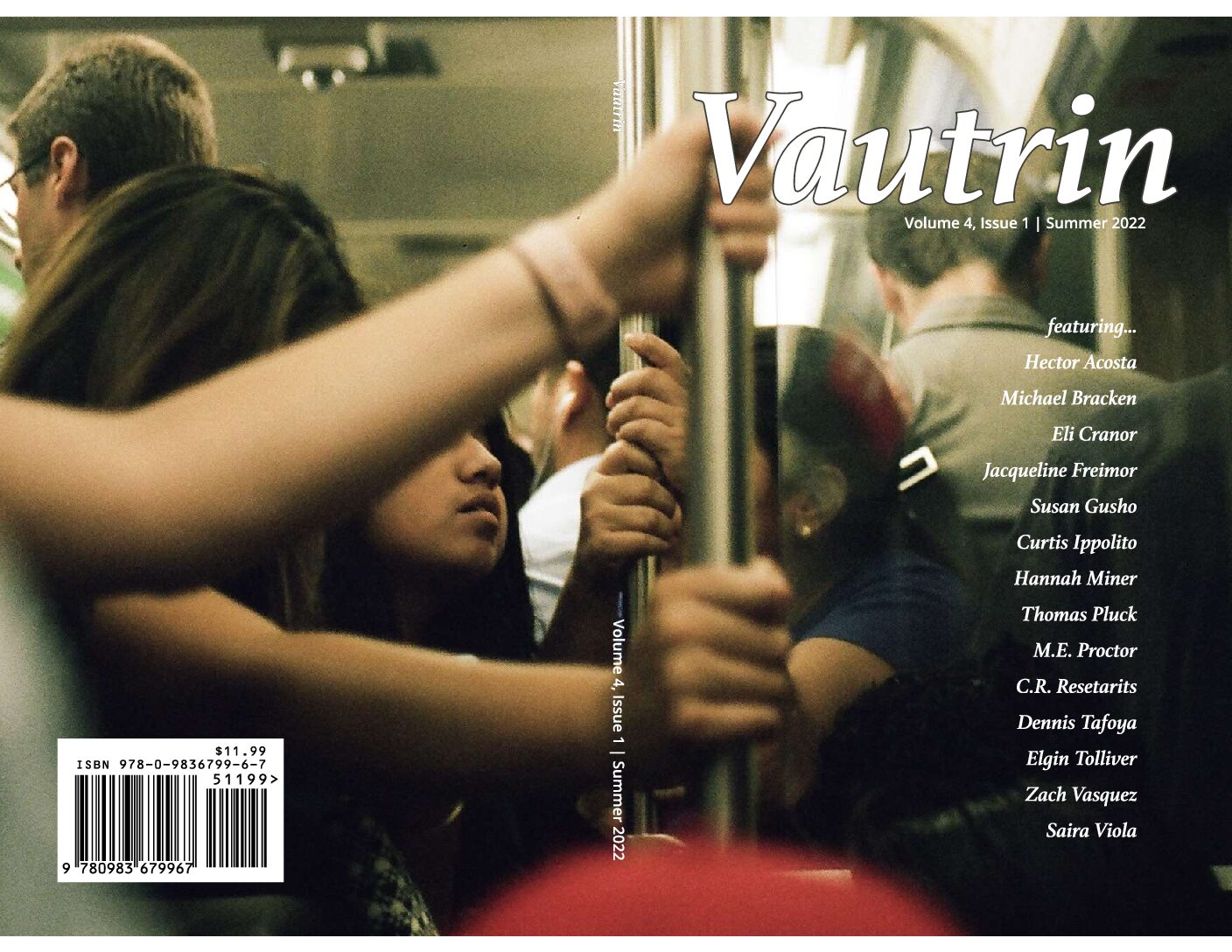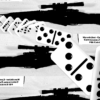By Susan Gusho /
As temperatures and humidity soar, and thunderheads brew on the horizon, Antoine Wilson’s latest novel, Mouth to Mouth, offers perfect summer fare for readers in search of a deliciously dark tale, painted in tones of intrigue and suffused dread, all in the vein of Patricia Highsmith. The fairly pedestrian setup deceives right off the bat — two college acquaintances randomly meet at a JFK airport gate, one (Jeff Cook) inviting the other (our narrator) to take layover refuge in the gilded first-class sky lounge, where Jeff Cook relates the story of his meteoric career rise in the art world. Shortly after their time together at UCLA, Jeff recounts, he resuscitated a drowning man on a deserted beach, later to discover the man to be renowned art dealer Francis Arsenault. And Arsenault turns out to be both insufferable and unscrupulous. The book seems to ask: what if the person you save is not worthy of being saved? Jeff has never told his story to anyone, he says, suggesting that his serendipitous meeting with our narrator has “sparked some old circuitry” because our narrator knew him “in the beginning”. Jeff clarifies, “You knew me then. That I had a good heart.” Indeed, his detailed story reads like a confession of sorts, after which he looks to our narrator “in supplication”. In a book peppered with varied religious references, as well as with images of mirrors and reflections, however, Jeff’s self-revelation to our narrator constitutes merely the outermost layer of this clever narrative onion.
While it’s clear Arsenault is a shady character, the more interesting question centers on Jeff. Our narrator tells us that in college Jeff was more acquaintance than friend, someone who would pop up from time to time. “With his cascading hair and distinctive features, he was hard to miss, a sort of thrift-store Adonis,” our narrator says. He adds, “Every sighting of this mystery man yielded a frisson, as if he were my guardian angel keeping tabs on me.” Jeff also registered as somewhat of a cipher back in those days, dressed in “only ripped-up jeans and weathered T-shirts worn inside-out to obscure whatever was written on them”. Later in the book, Jeff will explain to the narrator the great power of being a cipher. At the airport decades later, by contrast, Jeff presents as a well put together businessman sporting a short, crisp, salt-and-pepper haircut, expensive roller board luggage, leather loafers and trendy glasses with transparent Lucite frames.
The narrative positively brims with the motif of seeing. On this point, the story can also amuse, as when a younger Jeff wonders:
Was this what it meant to have the eye? To be able to discern a distinction in quality so subtle as to be invisible to the man on the street? Or was there a secret code, a hidden message visible only to the cognoscenti — a concept Jeff would have understood had he actually majored in art history? It irked him to think that art — he did believe in art — could turn into just another thing to make people feel stupid. Because when he admitted it to himself, that was what the painting did, it made him feel that he was missing something. The fact that others saw it, or claimed to, to the degree that one painting was drastically better or more deserving of exposure than another, only underlined for him the cryptic nature of the world into which he’d ventured.
Arsenault, famous by all accounts for a discerning aesthetic eye on which his mighty success rests, nonetheless is described physically as having a “droopy eye”. This droopy eye lends Arsenault a “seductive” and “skeptical” appearance and yet at the same time suggests a whiff of mortality. Arsenault’s perception, especially of Jeff, is certainly occluded. Francis Arsenault, Jeff notes, “was incapable of seeing, really seeing, other people. It was both his superpower and his greatest weakness.” As it turns out, Jeff will come to possess quite an eye of his own, a legitimate sense of the aesthetics and integrity of art, that fuels his rise.
How exactly does untutored Jeff come into his own in the narrow, niche world of art dealing? One great triumph of Mouth to Mouth lies in Wilson’s brilliant and shifting characterization of Jeff. At the moment on the beach when Jeff breathes life into Arsenault’s mouth, the identities of the two men become entwined, or braided. “Whenever two people interact in person I mean, there’s an exchange of energy. Or energies. An overlap. This phenomenon is so complex, it exceeds our ability to perceive it. We don’t have the bandwidth,” says Jeff. What starts off as Jeff’s curiosity about the man he saved, turns into stalking behavior. Jeff slyly insinuates himself into Arsenault’s gallery and family life until the two become mirror images of each other. Jeff articulates a “dawning fear that as a result of this whole ordeal I had become monstrously deceptive and selfish, on the order of Francis himself, as if he had infected me the moment I had put my mouth to his . . . .” The two men warily circle each other through much of the slim, concise novel, and Wilson shines at building tension with incremental turns of the screw, until a breakdown or a showdown seems inevitable.
The unnamed narrator feels increasingly uncomfortable as the tale progresses. As he breaks from their conversation to get drinks from the bar, the bartender remarks, “Your friend there is quite the talker . . . . I had an ex like that. Wasn’t happy unless my head was full of her words.” The narrator wonders what compels Jeff to unload his tale: “Was it excavation, though, Jeff getting everything off his chest? Or was he painting for me a kind of self-portrait? And what is a self-portrait if not self-serving?” In fact, our narrator’s relationship with Jeff emerges as the crux of Mouth to Mouth, a title which refers both to the act of resuscitation and the telling of the tale from one person to another. Our narrator, with his shabby tennis shoes and cargo pants, finds himself in circumstances far removed from his friend Jeff’s. He’s a struggling writer, taking a break from family obligations, flying to Berlin where he hopes to stoke his reputation after a German magazine refers to him as a “cult author”. At first, Jeff’s confessional story strikes the narrator as a bid to redeem himself, to think of himself not as selfish or sinister but as someone who “had a good heart”; increasingly, it becomes plain to see that Jeff has his own agenda.
Readers will immediately notice a curious narrative device that Wilson uses to subtle effect in relaying his tale of two travelers. The book starts in first person, but subsequent chapters slide into close third person narration. In other words, from directly reporting the dialogue with quotations between the two characters, the story slips into “Jeff did this and thought that” mode. This narrative elision makes the reader aware that parts of the tale are being crafted, elaborated, or “cooked up” by our narrator. At the end of Jeff Cook’s tale, he looks to the narrator in “supplication” and the narrator offers this benediction: “You did what anyone would have done.” Has Jeff masterfully manipulated our narrator into writing his story for posterity? In one quick, astonishing brush stroke at the story’s end, the reader comes to question whether Jeff has left the narrator with a big lie. It’s brilliant and a gut punch ending.
Finally, the captivating story resembles a revenge drama, told from the heights of the sky lounge where the bathrooms are “humane” and communion happens over drinks and posh snacks, all presided over by a vaguely Scandinavian airline agent who “fit right in with the lounge’s international feel, as if she belonged permanently in the air above the North Atlantic,” a woman whose eye glimmers with “a perverse delight at the vicissitudes of travel, the things-which-cannot-be-changed, the fates assigned to us by the same gods who abandoned us long ago.” From this Olympian height, our narrator, a sidelined writer of dubious financial means, encounters his former college acquaintance, a former stoner who has stumbled into wealth and status. Our narrator finds his own unique resolution to Jeff’s disturbing story.
Written in spare, clear prose and short chapters, the 179 page novel can be devoured in the time it takes for those summer thunderheads to roll in. The book sizzles with energy, precise writing, and a beguiling plot. Try it and be entertained.
###
Susan Gusho is a Vautrin Contributing Editor.
Photography by Hannah Miner.














